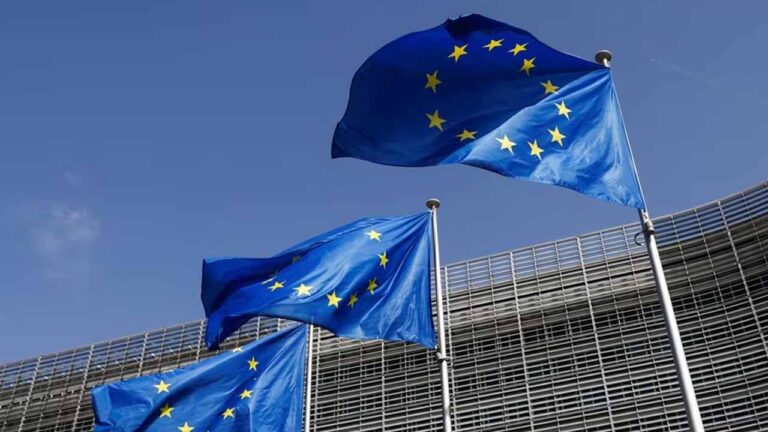Nigeria is preparing to roll out a National Data Exchange (NGDX), a project set to reshape how government, businesses, and citizens interact in the digital space. Positioned as the “third pillar” of the country’s digital public infrastructure—alongside the national identity system and payments network—the NGDX is expected to improve service delivery while safeguarding data privacy.
The recent Digital for Development (D4D) Hub conference in Abuja convened lawmakers, regulators, private sector leaders, and global partners to map out the governance and technical framework of the NGDX.
EU representative De Luca emphasized Nigeria’s role as a key partner in Europe’s Global Gateway Strategy, which prioritizes secure, people-focused digital systems. He highlighted that beyond being a technological tool, digital public infrastructure has the power to empower societies by enabling trusted transactions, secure data-sharing, and inclusive access to services.
At the event, the EU confirmed new investments supporting Nigeria’s digital journey. These include the BRIDGE project, which is extending 90,000 km of fibre-optic cables nationwide, and the 3MITT program designed to channel young Nigerians into ICT careers. The EU also approved an €18 million funding package specifically for DPI expansion.
Minister of Communications, Innovation and Digital Economy, Dr. Bosun Tijani, described the NGDX as the “next frontier” in Nigeria’s transformation, noting that it will operate under the safeguards of the Nigeria Data Protection Act 2023. He stressed that the system will not only improve government efficiency but also strengthen accountability, equity, and citizen trust in digital governance.

